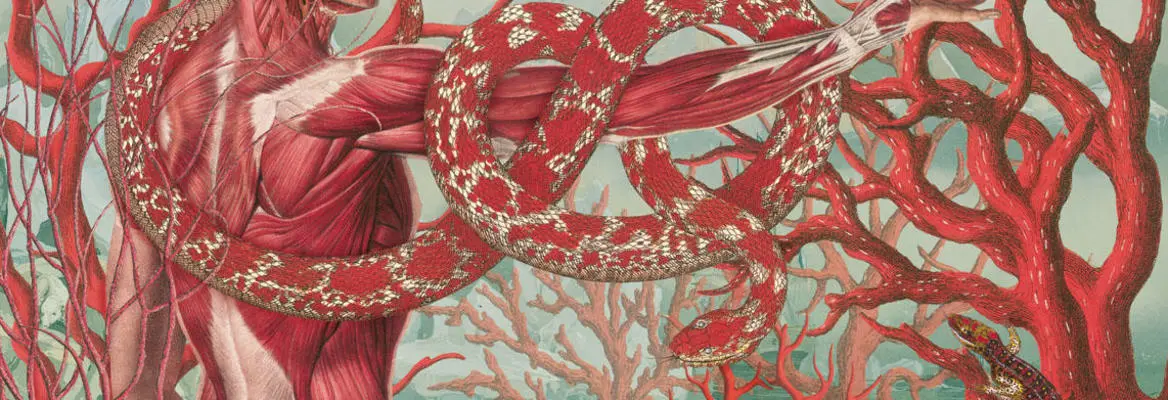The word “humane” conjures the best we can be: kind, empathetic, considerate. Yet as a species we are uniquely competitive and warlike. Is this who we really are, and the source of our success? Should we encourage competition in our culture? Or seek to eradicate it as the likely cause of our own demise?
Dr Finn Mackay specialises in feminist activism at the University of the West of England. In 2004 she founded the London Feminist Network, one of the largest grassroots feminist activist organisations in the country.
Here she argues that gender difference is neither natural nor inevitable and that competition does not lead to excellence, as neoliberalism would have us believe.
You say that humans impose an artificial hierarchy onto all living things, yet there are hierarchies all across nature. Is it really so unnatural to be a hierarchical species?
I believe that under patriarchal capitalism, a hierarchy has been imposed onto all living things. This constructed hierarchy is sanctified in most world religions: man is put at the top, with the power to name and bring into being everything around him, including women, including non-human animals.
You may ask what is wrong with this, as in nature we accept that there is a food chain, that there are predators and prey; but in nature this is a simple issue of food resources, or of rates of reproduction. Animals generally seem to live according to the means around them as it is not in the long-term interest of any animal to exhaust all habitat and food sources. The only animal that doesn't seem to understand this is the human animal.
As a feminist I theorise that this has something to do with a short-sighted masculinist logic which is built on exploitation and othering; this masculinist logic is actually a self-righteous illogical approach which aggrandises violence and domination, adding insult to injury by then defining this decidedly unnatural situation as 'nature'. I am not talking about food-chain hierarchy, or trophic levels, I am talking about how some lives are structurally marginalised and based solely on their use-value to those in power. This happens to farm animals obviously, but this othering also applies to women, to poor people, to children, to people of colour, to stateless people. Structural power relationships exist and they scar our society and our world, objectifying certain groups with the result that the lives, the beings within those groups, can then be treated as objects.















Join the conversation